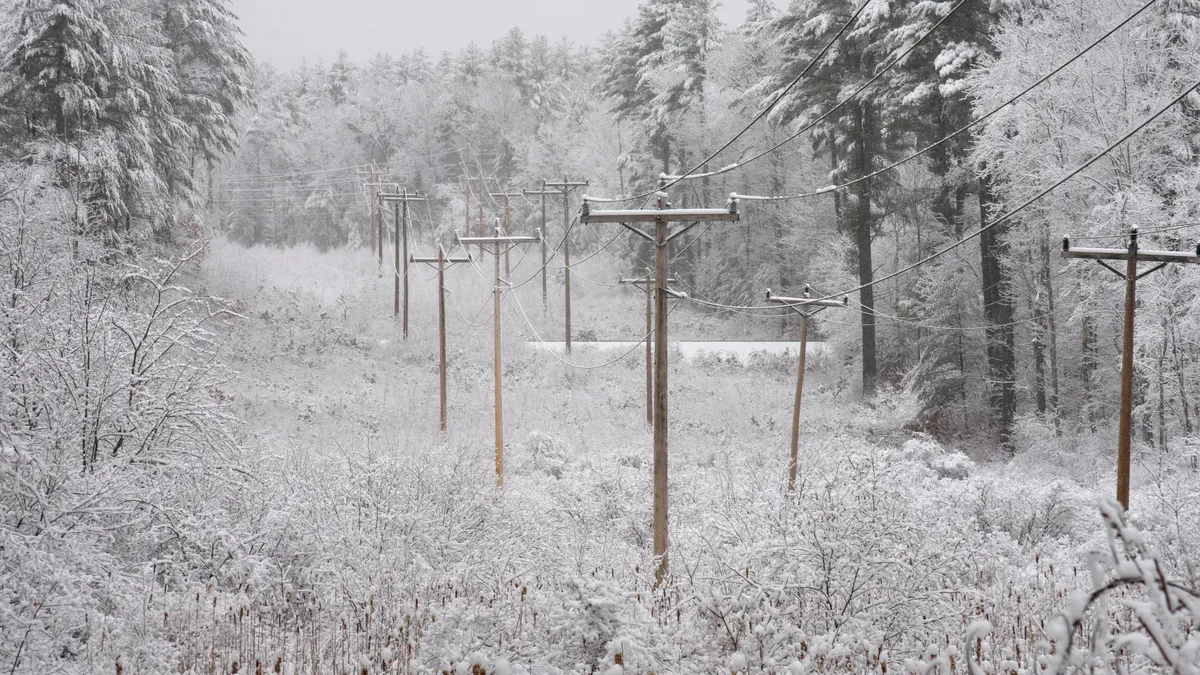Update, Dec. 13, 2023: NERC’s Standards Committee has granted a procedural waiver to hold a brief comment period and vote on proposed winterization standards in January, a spokesperson for the reliability organization said Wednesday afternoon.
Extreme cold remains a potential reliability issue for generators but work to finalize new weatherization standards has stalled with a recent failed vote by stakeholders, the North American Electric Reliability Corp. Board of Trustees said Tuesday.
In February, the Federal Energy Regulatory Commission directed NERC to strengthen cold weather generator requirements contained in Reliability Standard EOP-012-1. But proposed updates have so-far failed to garner support from NERC’s members, meaning the board may have to take action on its own, Chair Ken DeFontes said in a statement.
“The board has stated many times that there is an overwhelming need to have standards that provide strong protections against the reliability impacts of extreme cold weather conditions,” DeFontes said. “However, the most recent ballot failed to achieve industry approval. As a result, we are now in danger of not meeting FERC’s February 16, 2024, deadline for a revised standard.”
NERC on Monday posted a November report on cold weather preparations, concluding “freezing conditions remain a reliability issue for generators.”
“Recurring concerns” include improper heat trace, frozen instrumentation, frozen transmitters, control valves, lack of fuel supply, fuel jelling, blade icing, and breakers tripping caused by low temperature and air pressure, the reliability organization found. Freezing conditions “also caused generators to derate units and in some cases caused forced outages due to equipment failure in the freezing conditions,” the report said.
In an effort to advance new weatherization rules, DeFontes said NERC staff will submit a request to its standards committee to attempt another ballot after the holidays. If the committee does not authorize the waiver, or the January ballot fails, “the board will have no other choice but to invoke a special rule to address FERC directives,” he said.
NERC rules allow the Board of Trustees to approve a reliability standard in response to a regulatory directive where the usual balloting process has failed to produce a standard.
“This rule has been in place for more than a decade to address a situation just like this — to produce a reliability standard consistent with a regulatory directive when NERC’s usual process fails to do so,” DeFontes said. “We hope that stakeholders will rise to the occasion and address these important reliability issues promptly.”















